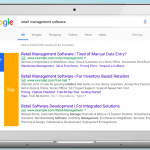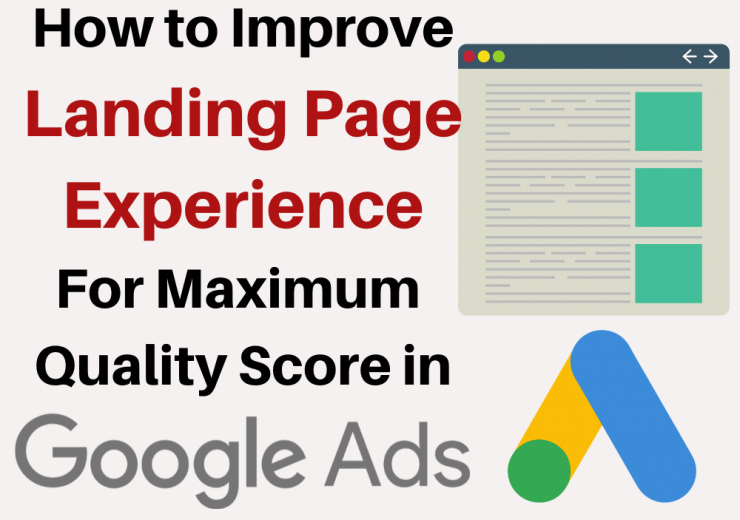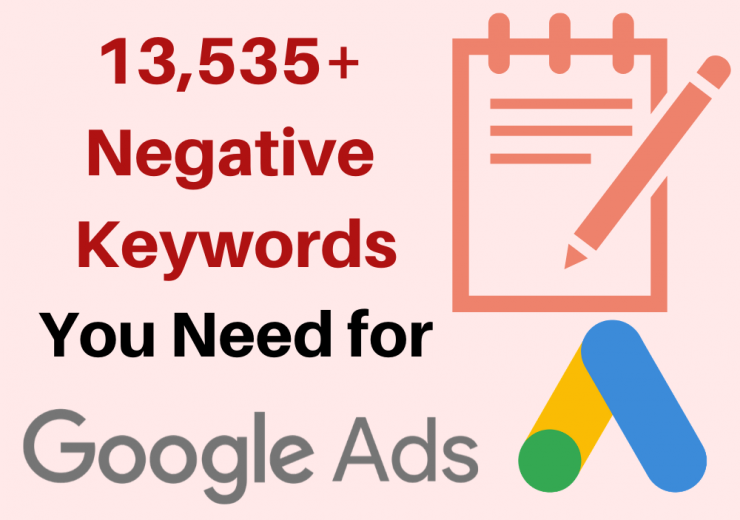Can an Automated Bidding Strategy Help to Maximise The Volume of Sales Generated by Your Google Ads Campaign?
Google’s automated bidding strategies utilise the wealth of stored up campaign performance data, in addition to real-time user behaviour data, in order to help determine the optimal bid for each auction.
Therefore, the success of any automated bidding strategy will be contingent on the amount of data within your campaign, and also the level of user behaviour data that Google possesses on prospective customers within your target sector.
Some campaigns may benefit from the use of an automated bidding strategy and see an uplift in sales, while some campaigns may not.
Testing is Essential
The only way to really determine whether or not a particular bid strategy will be effective for a campaign, is by testing it.
In order to ensure the test is fair, and to confirm whether the given increase or decrease in performance is due to the change in bid strategy, both bid strategies need to run concurrently.
This testing can be carried out by duplicating the campaign and running both bid strategies side-by-side, or by using a campaign experiment.
Based on the results of the test, the better performing bid strategy can be identified and selected for ongoing use.
A Word of Caution
It’s important to be aware, when handing over control of bid management to an automated strategy, significant, and in some cases unintended changes can be made to bids. Average CPC’s can increase drastically, and beyond the level of profitability.
It is wise to always set a cap on the maximum bid where possible, and to keep a close eye on the performance, especially in the early stages.
It’s also important to realise that the process of optimisation carried out by the system can take days, or in some cases weeks, while the system tests different levels of bids to find the optimal setting. During this period, overall performance may see a dip before it improves.
Conclusion
There is a range of bidding strategies available to choose from, depending on the specific objectives of your campaign.
Automated bidding strategies can help to maximise the number of sales generated by your campaigns, and to achieve a variety of other marketing objectives; but the effectiveness of these strategies will depend heavily on the level of performance data within the account, and the level of user behaviour data possessed by Google.
In some cases, the machines will outperform their human counterparts, and in other cases, manual bidding will be the most effective option.Ultimately the only way to concretely confirm if a particular bidding strategy will be effective for meeting your campaign’s objectives, will be through testing.
Close observation of the performance is advised!



